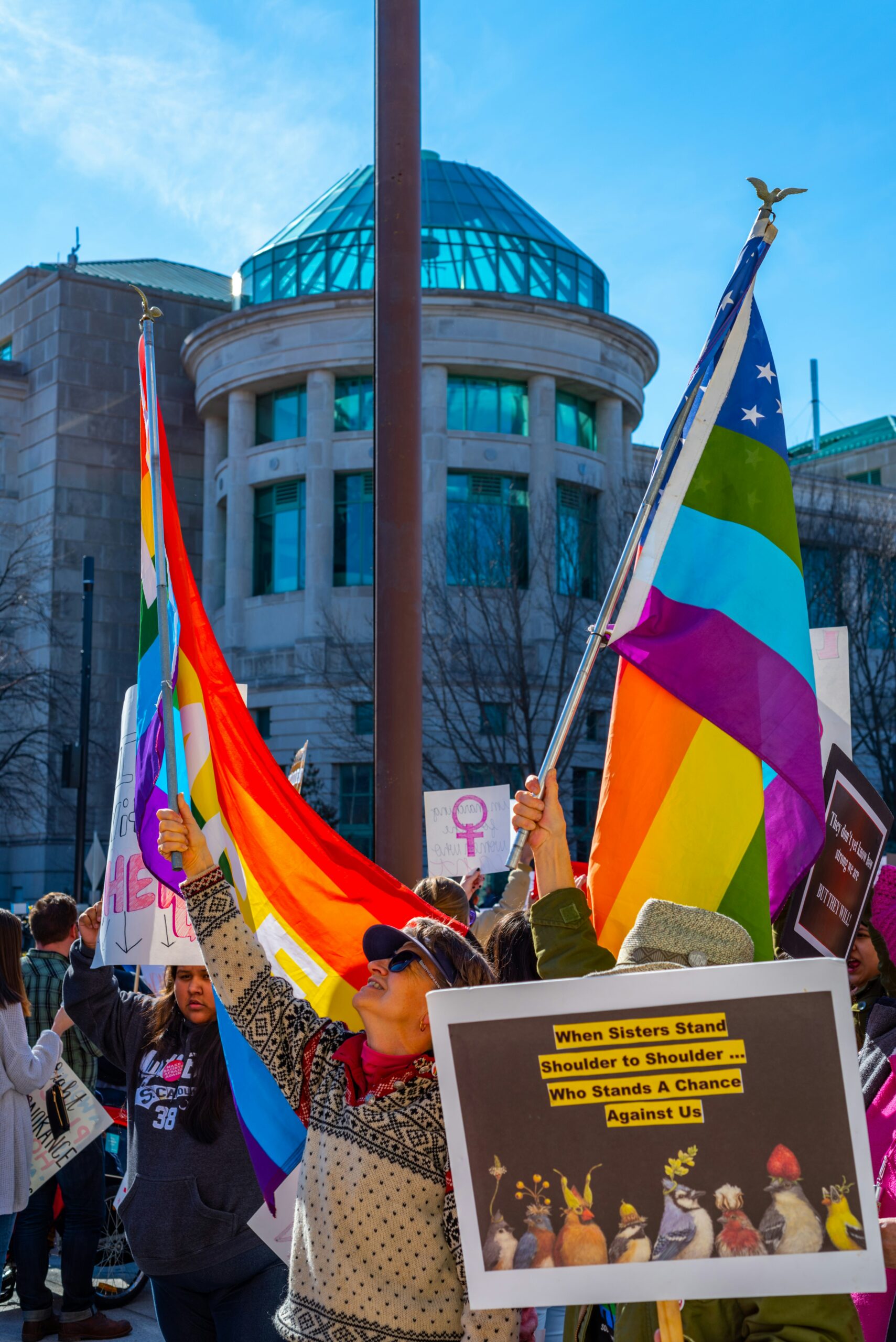
Controversy Surrounds Revised US State Department Human Rights Report
The US State Department’s annual report on global human rights, a critical document reflecting the United States’ stance on international human rights issues, has recently undergone significant changes under the Trump administration. Released months behind schedule, the 2024 edition of the report has raised alarms among rights groups and international observers for its apparent omissions and alterations.
Background of the Report
Historically, the State Department’s Human Rights Report has served as a comprehensive overview of human rights conditions globally, influencing international policy and aid. However, the latest report reveals a stark transformation, aligning more closely with the current administration’s ‘America First’ ideology. This alignment has resulted in the removal of references to abuses based on sexual orientation and the downplaying of poor conditions in allied nations, while criticisms have intensified against nations at odds with the administration.
Key Changes and Omissions
The revised report omits sections that previously addressed discrimination against women, the LGBTQ community, and racial minorities. Notably, the section on Israel is significantly shorter than in previous years and lacks mention of the humanitarian crisis in Gaza. In contrast, the report has introduced new categories like ‘Life,’ ‘Liberty,’ and ‘Security of the Person,’ which reflect a narrowed focus.
Reactions from Rights Groups
Amnesty International and other human rights organizations have criticized the report for failing to adequately capture the scope of human rights abuses in various countries. This year, the Council for Global Equality took legal action against the State Department, demanding the release of documents related to the report’s preparation, alleging potential manipulation of its content.
Political Implications
The changes in the report are seen by many as part of a broader strategy by the Trump administration to reshape US foreign policy to reflect its domestic and ideological priorities. This has implications for how the US is viewed on the global stage, potentially affecting its role as a leader in human rights advocacy.
Conclusion
The 2024 State Department Human Rights Report not only highlights shifts in policy under the Trump administration but also serves as a bellwether for the United States’ future engagement in global human rights issues. The controversy surrounding its release underscores the complex interplay between domestic politics and international human rights advocacy.


